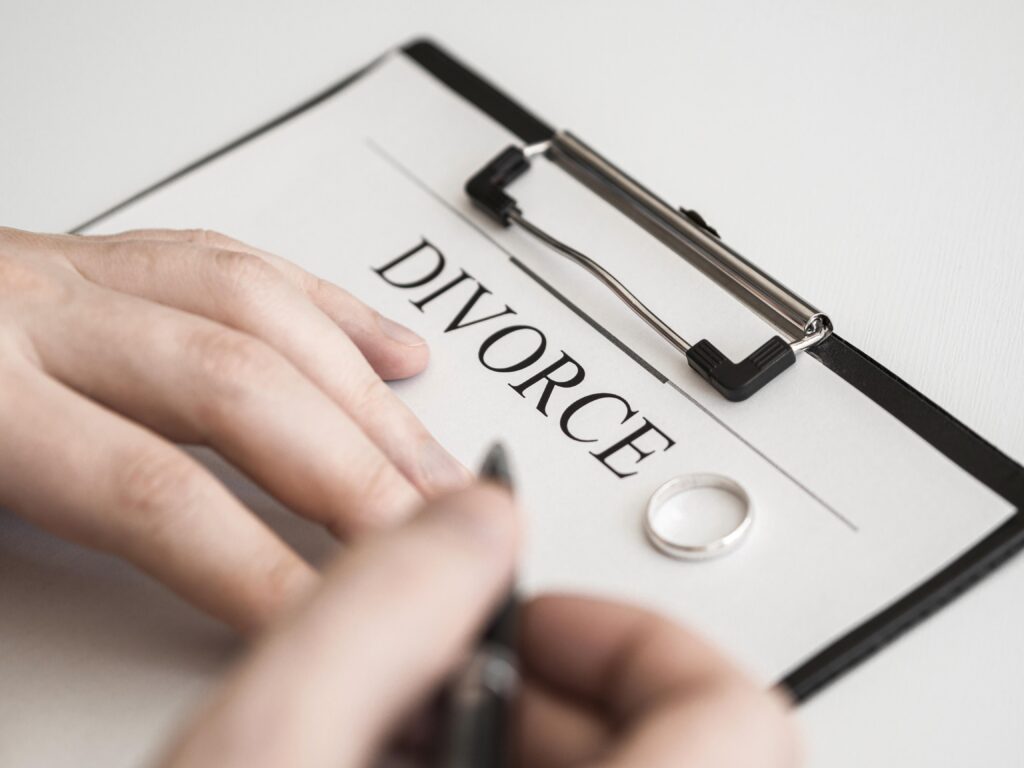Now Reading: Laws Governing Hotel Industry in India
-
01
Laws Governing Hotel Industry in India
Laws Governing Hotel Industry in India
The Indian tourism and hospitality industry has emerged as one of the key drivers of growth among the services sector in India. Tourism in India has significant potential considering the rich cultural and historical heritage, variety in ecology, terrains and places of natural beauty spread across the country. Tourism is also a potentially large employment generator besides being a significant source of foreign exchange for the country. During 2018, FEEs from tourism increased 4.70 per cent* year-on-year to US$ 28.59 billion. FEEs during January 2019 was US$ 2.55 billion.
India is the most digitally-advanced traveller nation in terms of digital tools being used for planning, booking and experiencing a journey, India’s rising middle class and increasing disposable incomes has continued to support the growth of domestic and outbound tourism.
During 2018, foreign tourist arrivals (FTAs) in India stood at 10.56 million, achieving a growth rate of 5.20 per cent year-on-year. FTAs in January 2019 stood at 1.10 million, up 5.30 per cent compared to 1.05 million year-on-year.
The travel & tourism sector in India accounted for 8 per cent of the total employment opportunities generated in the country in 2017, providing employment to around 41.6 million people during the same year. The number is expected to rise by 2 per cent annum to 52.3 million jobs by 2028.
International hotel chains are increasing their presence in the country, as it will account for around 47 per cent share in the Tourism & Hospitality sector of India by 2020 & 50 per cent by 2022
This industry is governed by the Ministry of Tourism and Development at the Centre and under State regulations at the State level. Hotels industry comprises of eateries/ restaurants, lodging places, amusement parks, event management, and so forth and incorporates activities, for example, logistic operations and direct activities including servers, watchmen, maids, barkeeps, kitchen keepers, and so on. Such administrations that are given by the hotels establish to be the subject matter of laws that control the hotel and restaurant business. Establishing and running a hotel or a restaurant is not a cake- walk, it requires mandatory compliance to all the stringent requirements, protecting the customer’s interest from not only civil wrongdoings, but also protection from activities which will bring criminal liability upon the hotel authorities, such as gross negligence, accidents, or terrorist related threats.
The Hotel Industry is integrally related to the travel industry and the development in the Indian travel industry has thus brought about advancement in the Indian Hotels Industry. The Government of India expanded assets on publicizing efforts like “Unbelievable India” and “Athithi Devo Bhava” to underline the rich spectrum of the travel industry in India.
For the four different zones- north, south, east and west various associations have been set up. The discussion that follows will enlighten the reader about how the hotel and restaurant industry is governed and regulated in India.
The Hotel Association of India is one central authority that regulates the hotels all over India but has under it various sub- associations divided on a regional basis-
- The Federation of Hotels and Restaurants Association of India
- The Hotel and Restaurant Association of Eastern India
- The Hotels and Restaurant Association (Western India)
- The Hotel and Restaurant Association of Northern India
- The Southern India Hotel and Restaurant Association
The Hotel and Restaurants industry is primarily governed by the Hotel and Restaurant Approval and Classification Committee constituted by the Ministry of Tourism. For the institution of a new hotel or restaurant, the certification of this committee is required- the committee checks and asses the hotels based on the facilities they intend to provide to their customers. The approval granted by the committee remain valid for 5 years but when a hotel is in its operative stage, the same approval ceases to remain valid within three months. The respective hotel must apply for the classification during these three months. Once the classification is obtained, it becomes valid for 5 years.
For establishing a hotel or restaurant, certain licenses have been made mandatory by the nodal authority at the Centre that is the Ministry of Tourism and Development and by various other acts- Temporary License for Awnings & covering of Terrace during monsoon, Building Completion Certificate, Copyright License for Playing of Music, Lodging House License, Approval from the Department of Tourism, Government of India, Registration under the Luxury Tax Act, Registration under the Sales Tax Act, Registration under the Contract Labour Act, Registration under the Pollution Control Act, Registration under the Apprentices Act, Registration under the Provident Fund Act, Registration under the ESI Act, Entertainment License on Festival Occasions, License for Chimney under the Smoke Nuisance Act, Registration under the Weights & Measures Act, Factory License for Laundry, Central Excise License for Bakery Products, etc.
Apart from the above- mentioned committee, there are various other legislation such as-
- Prevention of Food Adulteration Act, to protect customers from intake of poisonous or harmful food.
- The Air (Prevention and Control of Pollution) Act, 1981 to curb measures which lead to air pollution.
- The Water (Prevention and Control of Pollution) Act, 1974, for prevention and control of water pollution by hotels.
- GST
- Income Tax Act, 1961, which makes the hotels and restaurants liable to pay VAT, Service Tax, Entertainment Tax, CENVAT, Expenditure Tax, Luxury Tax etc.
- Hotel Insurance Policies and other local laws.
The leading brands of hotels in India, that are indigenous include The Taj Group, Mahindra Group, Oberoi Hotels, The Leela Group, ITC Hotels, etc. The foreign leaders are- JW Marriott Chain of Hotels, Ritz Carlton, The Hyatt Regency, Hilton Group, Radisson Group etc.








